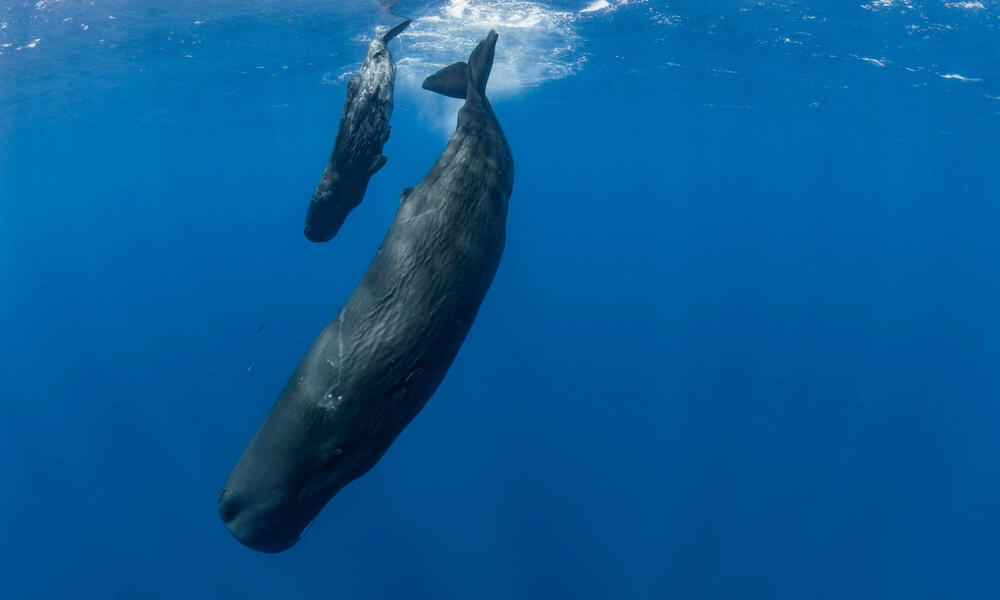After a decade-long struggle, WWF and partners succeeded in amending a conservation and management measure on cetaceans regulated by the Indian Ocean Tuna Commission. The measure, aimed at reducing cetacean bycatch and addressing a lack of comprehensive data on cetacean interactions with tuna fisheries, now includes steps to prevent intentional net setting around cetaceans and requires reporting of cetacean captures or entanglements in tuna fishing operations.
“This is a vital first step. However, even though this is a strong regulation, it does not address increasing pressures from fishing and other human-led activities, or climate change, all of which present additional challenges that regulators must navigate to be effective,” Shahid said. Furthermore, this resolution does not apply to small-scale fishing operations where many interactions with cetaceans occur.”
Bycatch in fishing gear remains the leading driver of extinction risk for the world’s whales, dolphins, and porpoises. The research conducted by Duke University and WWF is providing important insights into the size and dynamics of fishing fleets in the Indian Ocean, where large numbers of whales and dolphins are killed in tuna drift nets each year. We hope that we can translate this work to other areas and support new trials of methods designed to reduce the number of whales and dolphins killed in these fisheries.
“It’s a complicated situation given the prevalence of gillnet fishing and reliance on this fishing method throughout the region for livelihoods,” Elliot said. “Fortunately, there are a growing number of research groups and consortiums in the region that are producing excellent work and conservation efforts on this topic, and there are promising mitigation techniques that have demonstrated success at maintaining target catch while reducing cetacean bycatch.”
Harmonizing this information across the region and providing incentives for using bycatch mitigation measures is vital. Then, importantly, presenting this science with collaborators with the Indian Ocean Tuna Commission to get more expertise at the commission’s negotiations and improve management measures to reflect the latest science is key towards more data reporting and monitoring of gillnets.

